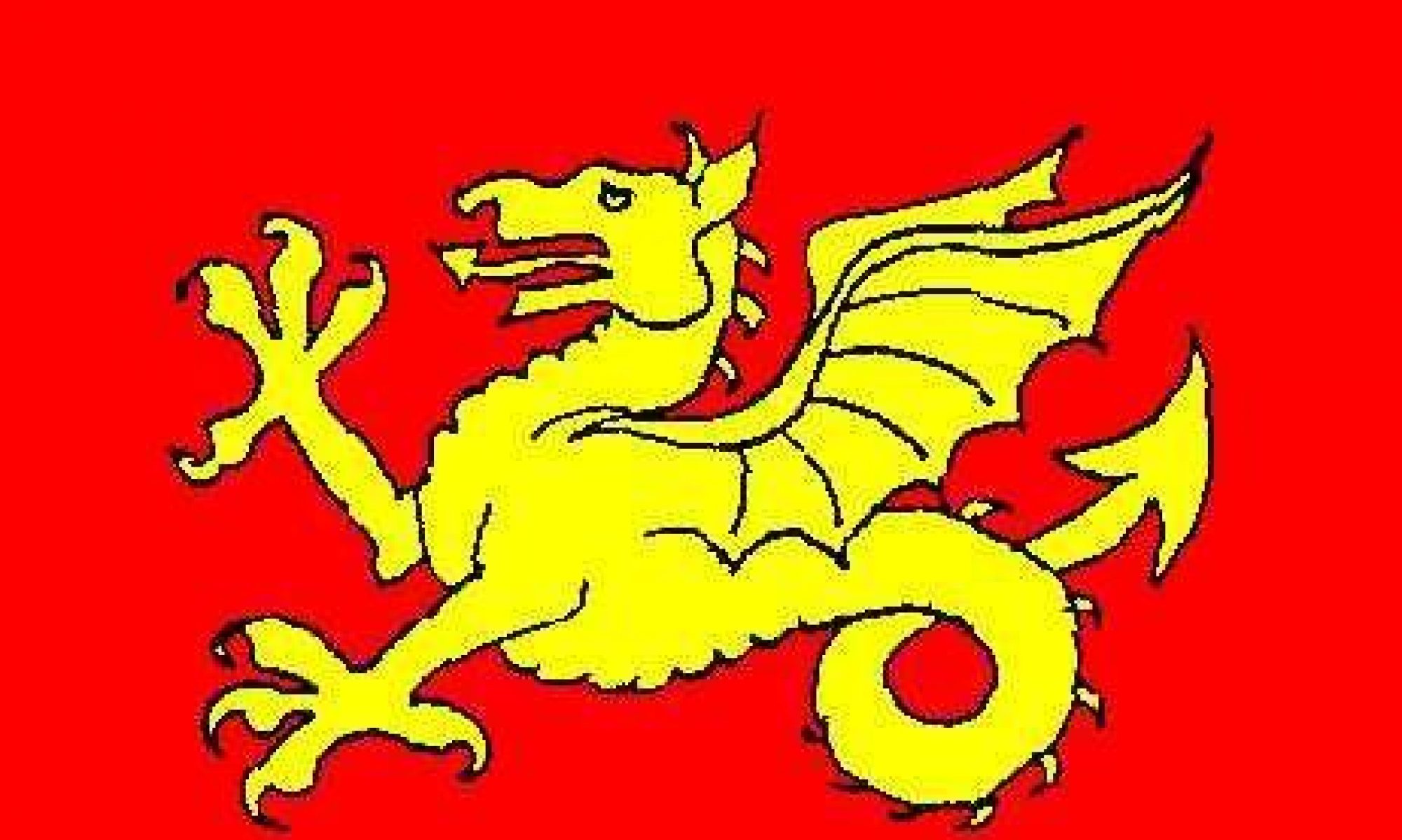Light blogging for the next couple of weeks, as I have to make a trip to Greece on family business. The miracle of post scheduling means that blogs will still appear, but they may be somewhat shorter than usual.
For a region supposedly filled, according to popular stereotype, with ignorant bumpkins, Wessex has produced more than its fair share of scientists, philosophers and explorers. One example of the latter was John Hanning Speke (1827-64), discoverer of the source of the River Nile.
Speke was born in Buckland Brewer, Devon, in a historic manor dating back to Saxon times. in 1845, his family moved to Dowlish Wake, Somerset, where they ran a small natural history museum in their home. It is not known exactly when John started collecting specimens for the museum. but there is record of him having been refused permission to cross into Somaliland for that purpose while serving in the army, as it was considered too dangerous. He did undertake several solo expeditions during his army days, however, including one into Tibet. This brought him to the attention of the famous explorer Richard Burton (1821-90), and he finally achieved his ambition of going to Somaliland. The army appered to have been correct, though, as the expedition was viciously attacked, and Speke barely escaped with his life.
In 1856, Speke and Burton went on an expedition to Africa’s Great Lakes. Accompanied by the experienced Bantu guide Sidi Mubarak Bombay (1820-85), they reached Lake Victoria. Speke believed this to be the source of the Nile, but Burton vehemently disagreed. Subsequent expeditions appeared to confirm Speke’s hypothesis, but the results were inconclusive.
Upon their return to England, the better-known and more charismatic Burton was able to sway public opinion to his side. He was not about to be upstaged by this upstart who had discovered Ripon Falls without him. It didn’t help that while in Uganda, Speke had fallen in love with an African woman, much to the disgust of Burton, who was notoriously racist even by the standards of Victorian England.
Burton and Speke were due to debate before the Royal Geographical Society in September 1864, but before the debate could take place, Speke was killed by his own gun whilst out shooting, at the tragically young age of 37. It is not clear whether his death was an accident, or whether Burton’s public humiliations had driven him to suicide.
Speke was subsequently found to be correct, too late, alas, for his reputation to be restored. He was buried at Dowlish Wake. The rivalry between Burton and Speke was dramatised in the 1990 film Mountains of the Moon, in which Speke was played by Iain Glen and Burton by Patrick Bergin.

